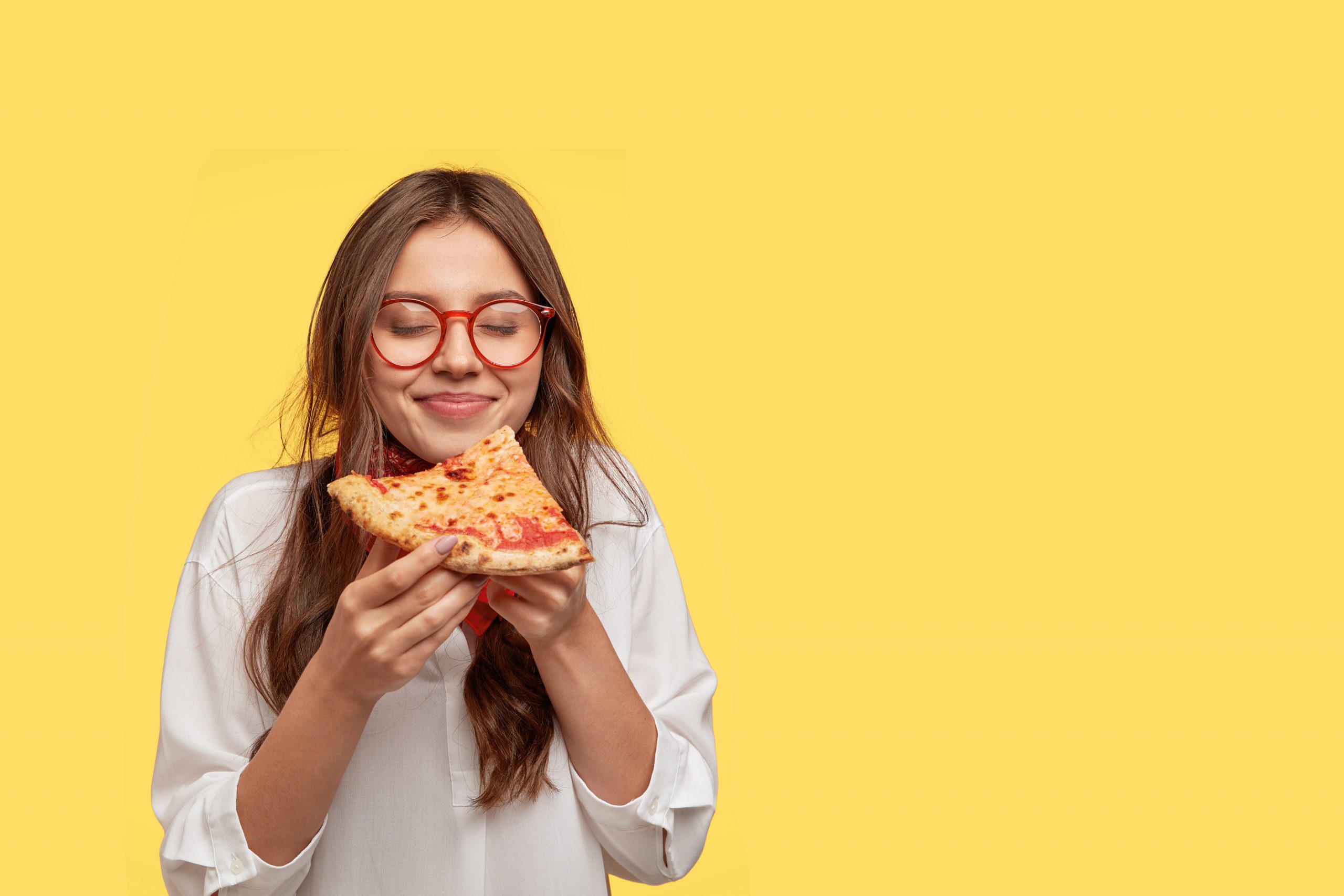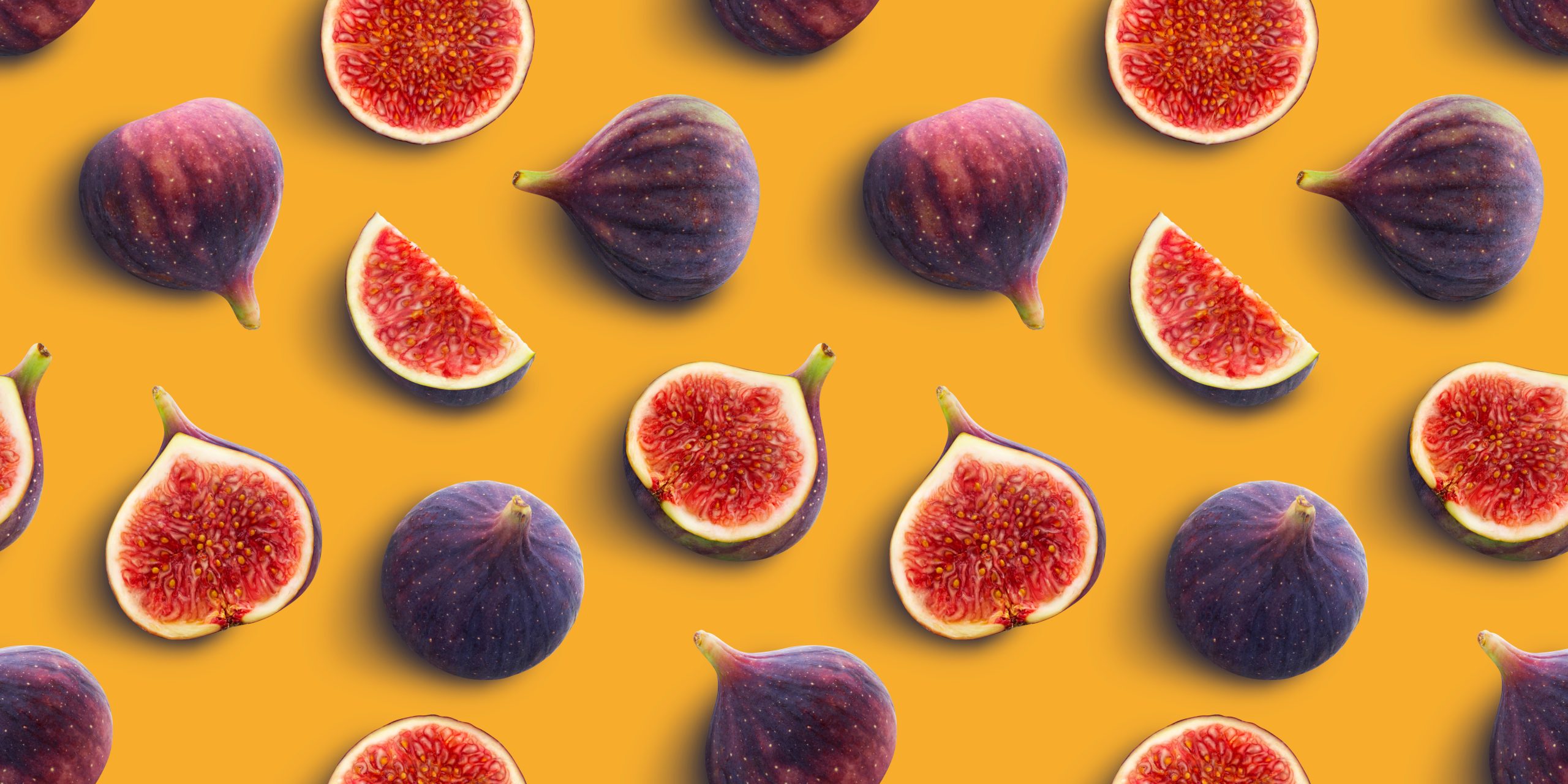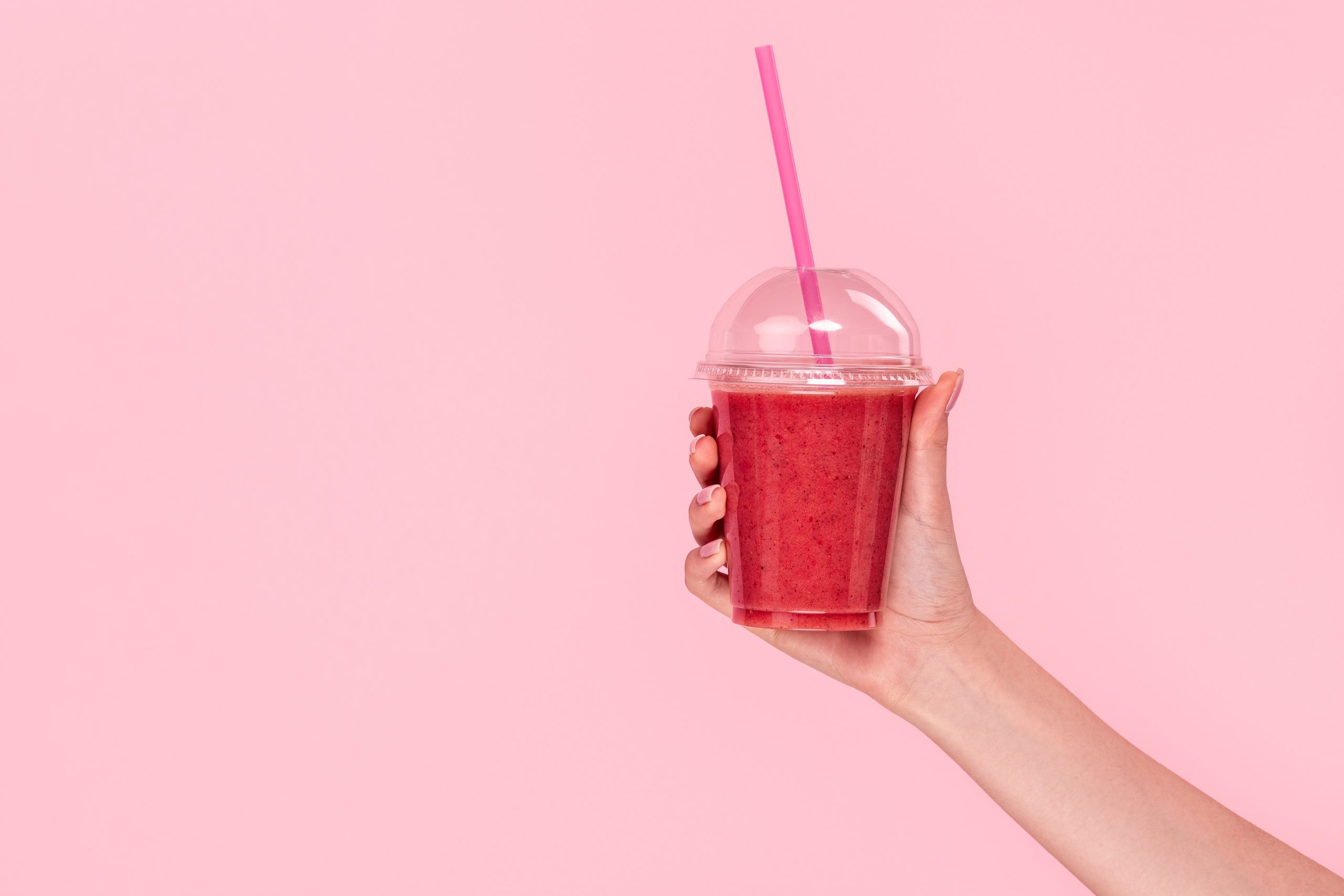It’s THRIVE month at UBC, where we focus on ways to foster, improve and maintain good mental health. One way to improve your overall health and mental wellbeing is by eating!

Maddy Laranjo, a student-athlete at UBCO, has written this week’s blog on eating for self-care and establishing a healthy mindset with food through Intuitive Eating practices.
What if I told you that you could be healthy without following a strict healthy food diet; honour your health, hunger and cravings without feeling guilty; and enjoy a piece of cake for dessert or have pizza for dinner without feeling bad, if that’s what you truly desired? What if I told you that you have an innate ability to eat when you’re hungry and to stop when you’re full? Would you believe me?
A few years ago, I would have never believed that. There was no way I would ever rely on my hunger to eat the right amount of food. I would have never believed that I could trust my body to crave foods that made me feel good. I did not have the mindset that all foods were fuel. I was consumed by diet culture and the diet industry. I thought of foods as “good” or ”bad", and did everything I could to stay away from these “bad” foods. I felt I needed to follow a strict healthy diet to look healthy and feel healthy.
I had tried every diet, with each diet “working” for weeks to months, but it was never sustainable. I became more focused on food and obsessed with trying to “eat healthy”, and when I didn’t follow the diet “rules” I felt guilty and like I failed. Then the next best diet would come out and I would try again. This diet cycle is common for chronic dieters, often referred to as the diet backlash or yo-yo dieting, and research has showed that it can be extremely harmful to your health and well-being.
All things health, fitness, and nutrition have always been of great interest to me, and are a big reason why I chose to study Human Kinetics. I wanted to learn to live that “ideal and perfect healthy” lifestyle that I believed meant following a strict diet and exercising every day. In attempt to do this, I realized this was physically and mentally exhausting. As a student and athlete, I felt the pressure to be everything and do everything our culture deemed healthy. But I was very wrong.
This is when I read the book Intuitive Eating by registered dietitians Evelyn Tribole and Elyse Resch. I learned more about Intuitive eating, mindful eating, health at every size (HAES), body acceptance, how to adopt an anti-diet mindset, and the dangers of diet culture on our society.

What is intuitive eating?
Intuitive eating is a non-diet eating approach that involves eating in response to physiological hunger and satiety cues, rather than external diet rules and emotional cues. An eating style that promotes positive attitudes towards food, body and mind. It uses a self-care eating framework that teaches you to get back in tune with your body’s hunger signals, find food freedom, break free of diet culture rules and heal your relationship with food.
An intuitive eater makes food choices without experiencing guilt or an ethical dilemma, honours hunger, respects fullness and enjoys the pleasure of eating.
Intuitive eating is a mind-body approach, comprised of 10 principles that researchers have broken down into four main areas:
- Unconditional permission to eat when hungry and to eat what you desire
- Eating for physical reasons, instead of emotional reasons
- Reliance on internal hunger and fullness cues to determine eating behaviors
- Honouring your health
We were all born Intuitive Eaters. As babies, we cried when we were hungry and stopped eating when we were full. Kids innately balance their food intake based on their needs. Unfortunately, as we grow older we are introduced to diet culture and the many rules and restriction associated with food, which causes many people to lose the ability to follow their hunger signals. “Diets” and food restrictions are not innate, but are actually learned from diet culture. We are told we must have three meals a day. We were encouraged to eat past fullness and finish our plates to be rewarded with dessert. There are so many social and cultural factors that have influenced our minds and prevented us from listening to our bodies so we can eat when we’re hungry, and stop when we are satisfied.
Stay tuned for next week’s blog post where I'll explain the health benefits of Intuitive Eating. I will also provide information on the 10 Intuitive Eating principles to help honour your body and mind, practice gentle nutrition and obtain a non-diet mindset.
Connect with us!
UBC’s Registered Dietitians are here to help. And for nutrition tips, recipes, and more, visit the UBCO Food Services Nutrition Blog.
For information about mindful eating while studying and working from home, visit our blog post here!
Learn more about Intuitive Eating
· The book Intuitive Eating or the Intuitive Eating Workbook
· 10 Priniciples of Intuitive Eating
· Intuitive Eating Is a Happier and Healthier Way to Eat—Here’s How to Begin
· What Is Intuitive Eating? A Nutritionist Weighs In On This Popular Anti-Diet
Learn more about Thrive
- Learn why mental health literacy is an important skill to help you live, work, and learn at your best.
- Talk about mental health to reduce stigma and access educational resources to identify signs that help is needed.
- Explore ways to support your mental health and your community at UBC through the Thrive 5+, and
- Check out the Thrive calendar for events throughout November to help support and maintain your mental health.








